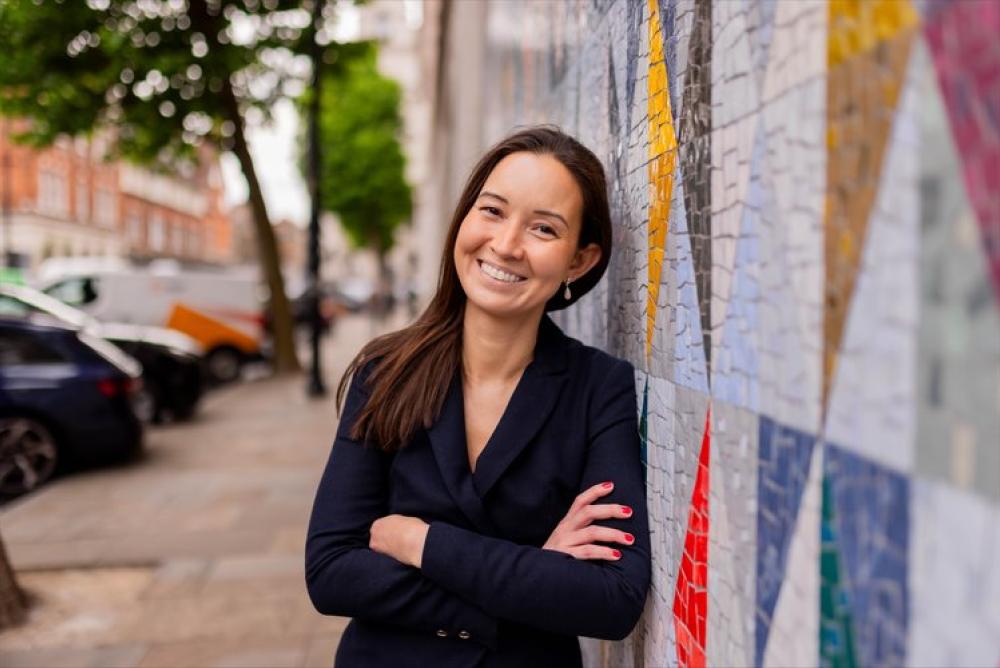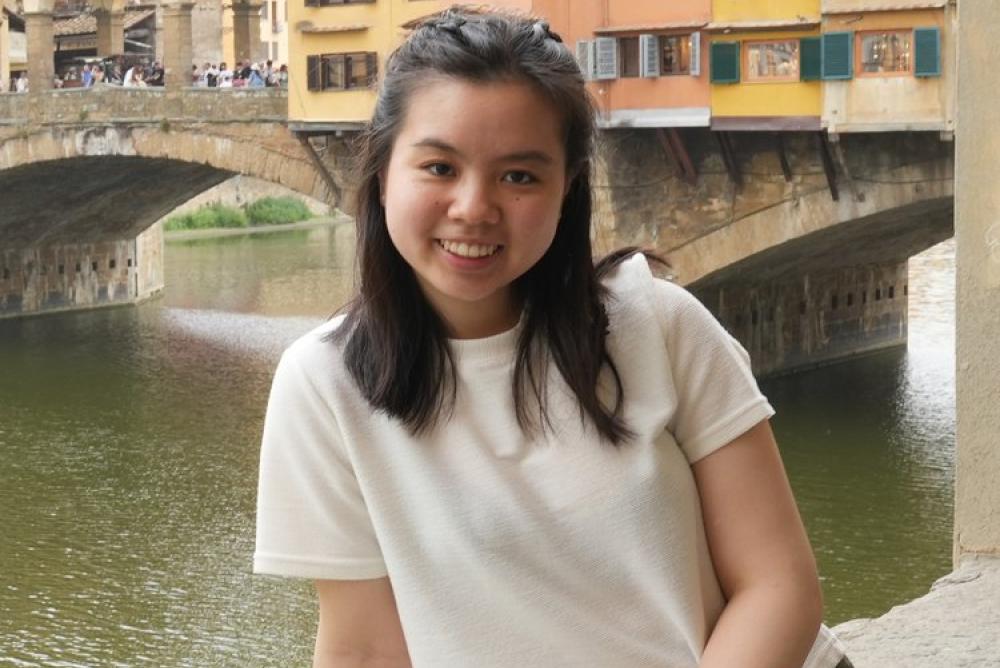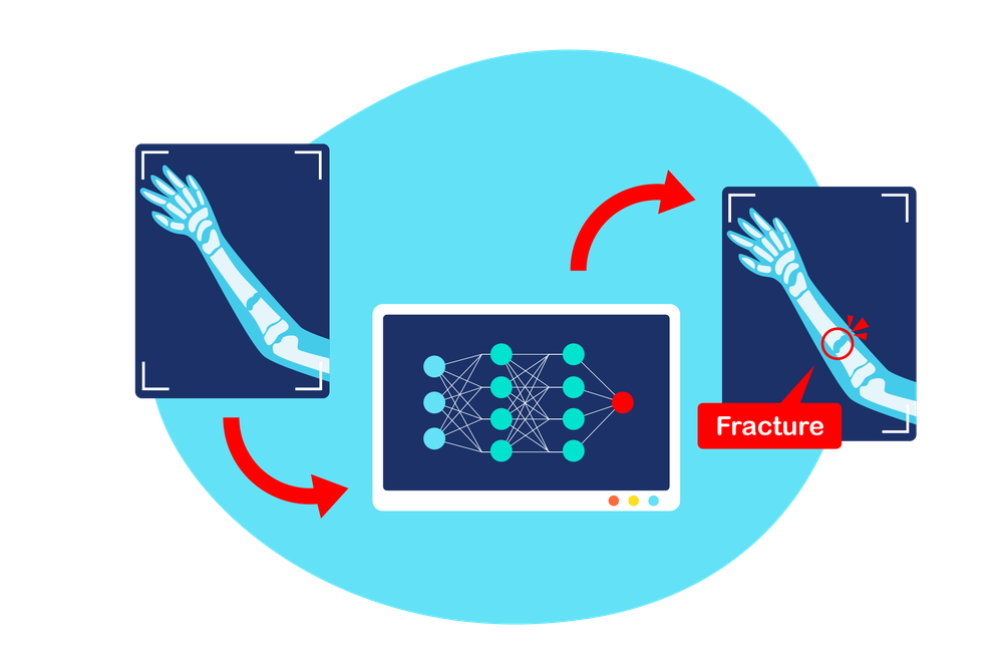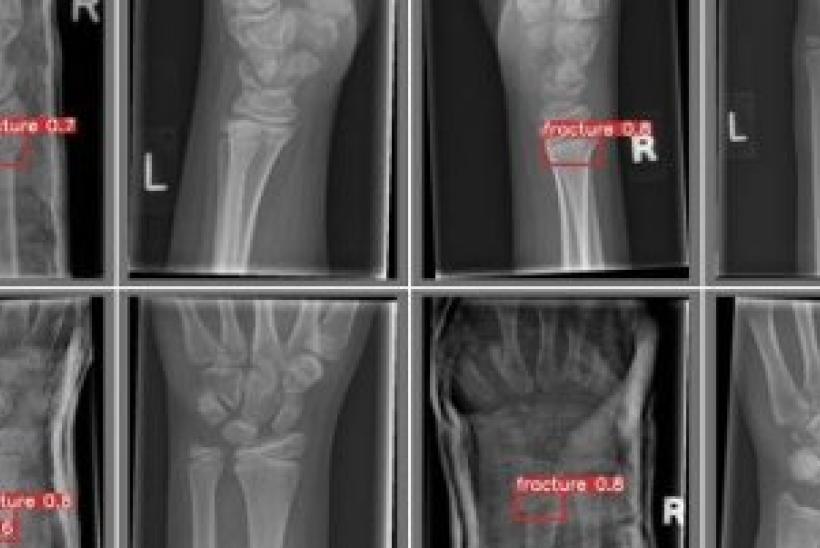Young people want AI involved in their care, new GOSH study shows
For the first time, a study led by GOSH Consultant Paediatric Radiologist, Professor Susan Shelmerdine and Young Facilitator, Dr Lauren Lee, has asked children and young people across all four UK nations for their views on how they would like AI to be used to enhance their care.
Artificial Intelligence (AI) is becoming a valuable tool in healthcare, particularly in the field of radiology. The radiology community, including children’s radiologists, are generally positive about the use of AI and the benefits it can bring to healthcare.
However, until now, there has not been much attention paid to finding out how children and young people feel about AI being used to support their healthcare, for example on their imaging data such as X-rays. To address this gap, Prof Susan Shelmerdine and Dr Lauren Lee created a survey which was open for one year and encouraged children and young people from across the UK to respond.
The study was funded by the National Institute for Health and Care Research (NIHR) and the online survey was sent out to schools, universities and charity partners, encouraging children and young adults to respond over a one-year period.
A valuable tool to support clinicians
The survey results showed that young people were keen for AI to be used in healthcare, particularly if it could improve their care and outcomes. However, they wanted the tools to be supervised by healthcare professionals as they feel there are elements of care such as empathy and ethical decision making, that AI cannot mimic.
For specific questions asked about radiology, young people felt that AI would be accurate at finding problems on bone X-rays and they didn’t mind how long the results took, as long as they were as accurate as possible and that the AI was used with a trusted doctor still in charge of their care.
"The number of specialist trained paediatric radiologists in the UK is relatively small, so tools like AI could help upskill our workforce to enable more equitable care for patients who don’t have the option to visit specialist hospitals like GOSH. Nevertheless, we cannot assume that we know what children want.
It was encouraging to see that when asked, children and young people were positive about the use of AI in their healthcare, but it was also important to understand what was important to them – such as human oversight - so that we can factor this into the development of new tools and treatments.”
- Professor Susan Shelmerdine is a Consultant Paediatric Radiologist at GOSH and Associate Professor at UCL GOS Institute for Child Health

For young people, led by young people
The study was co-developed with a steering committee of patients and carers from the GOSH Young Persons' Advisory Group (YPAG) for research and GOSH Parent and Carer Advisory Group (PCAG). Dr Lauren Lee, a member of GOSH YPAG and recently qualified Junior Doctor, was the lead author on the publication of the study results.
“There are a lot of discussions about how AI can help to facilitate healthcare. Until this study, no one has really asked the younger generation how we feel about it, especially as we will be growing up alongside AI developments. It has been great to be able to give young people a voice in this space!”
- Dr Lauren Lee, Young Facilitator in GOSH Young Persons' Advisory Group

Findings are already supporting cutting edge research
The study's findings are already being incorporated into cutting edge research based at GOSH, evaluating and developing AI tools to better detect and describe fractures from a large dataset of x-ray scans in children across Britain. Find out more about the FRACTURE Study here.
In the future, Prof Shelmerdine and her team are hoping to develop AI tools that can create written reports direct from radiology images and allow patients to ask the AI questions about their imaging.



